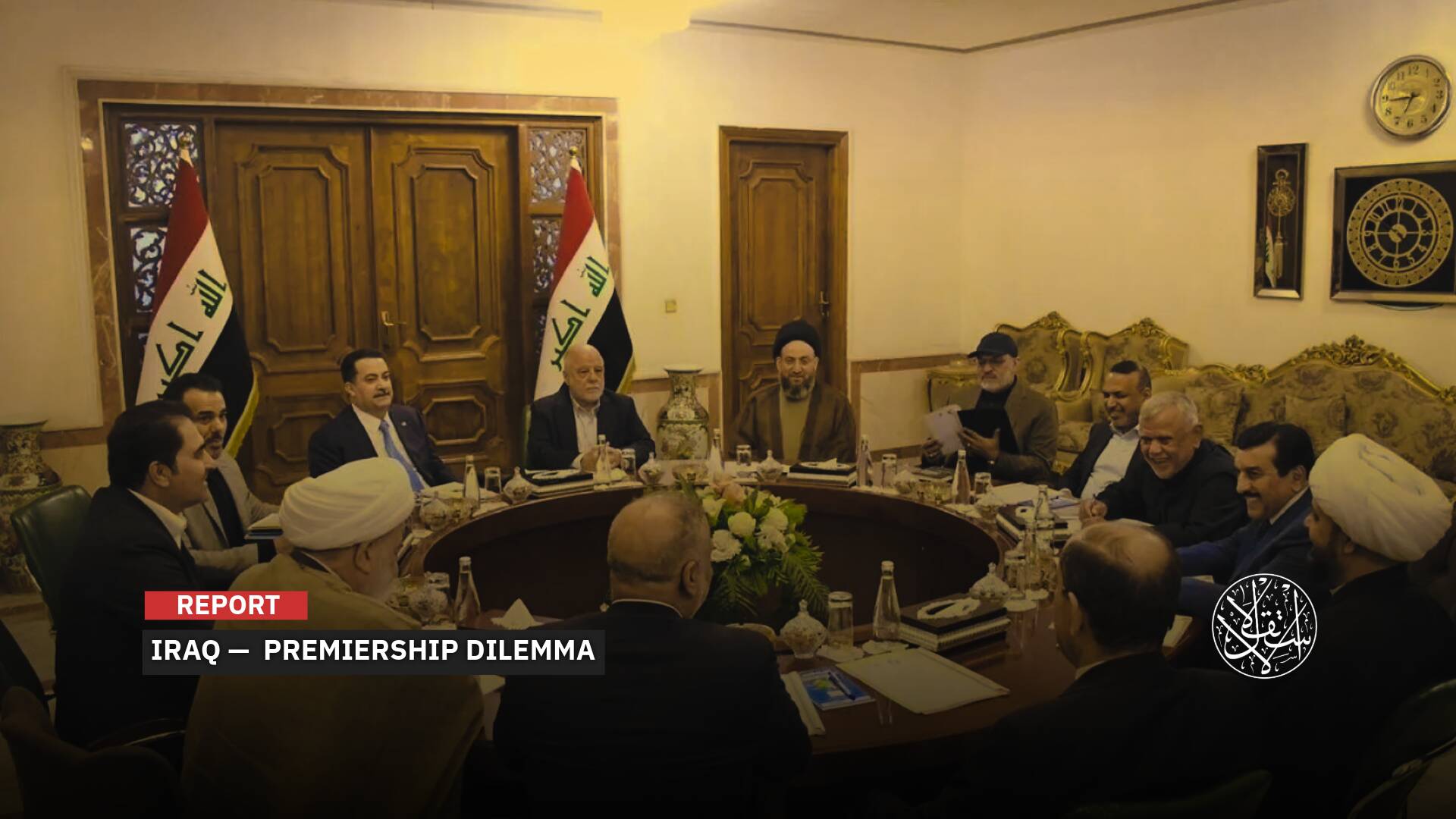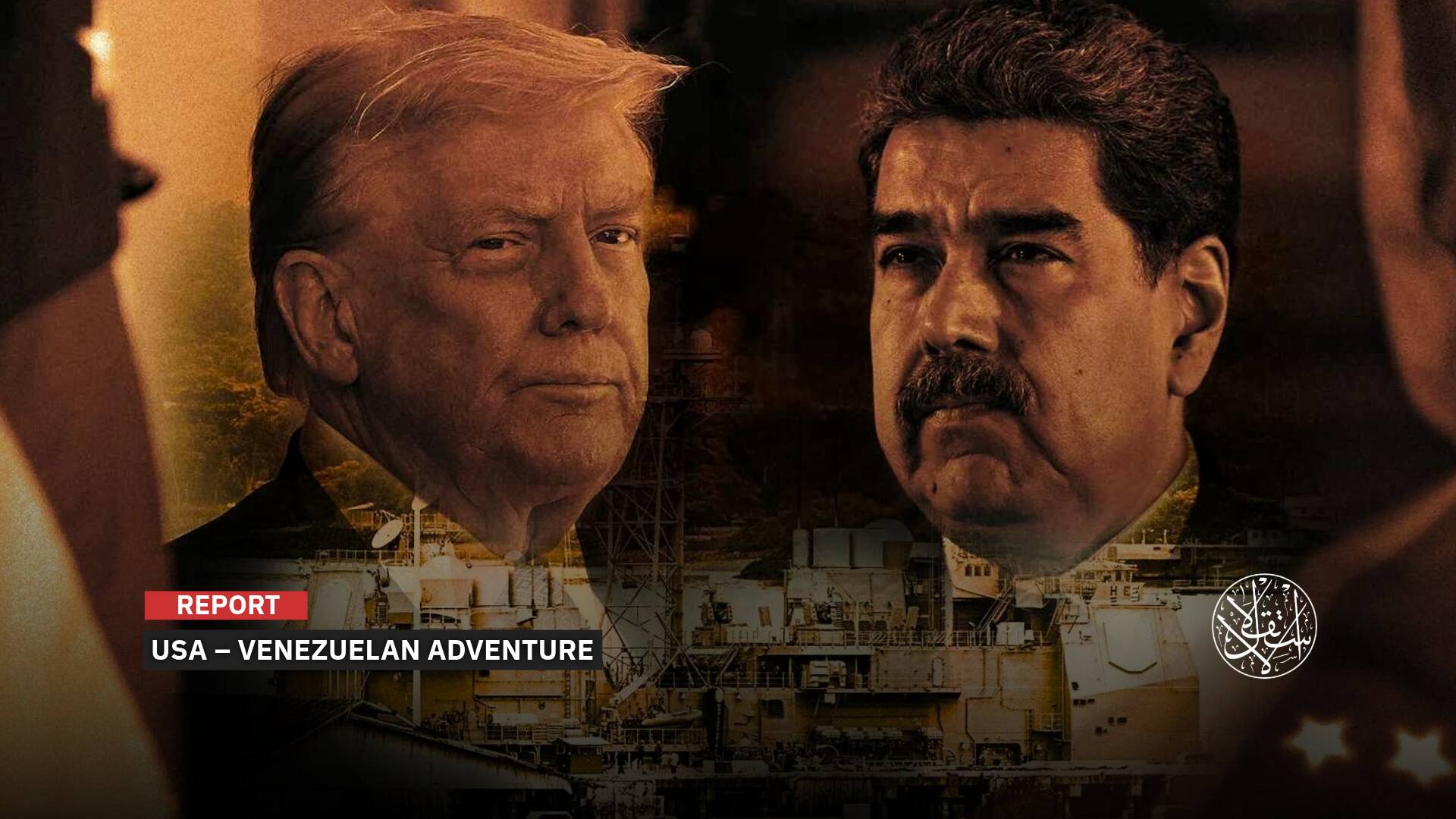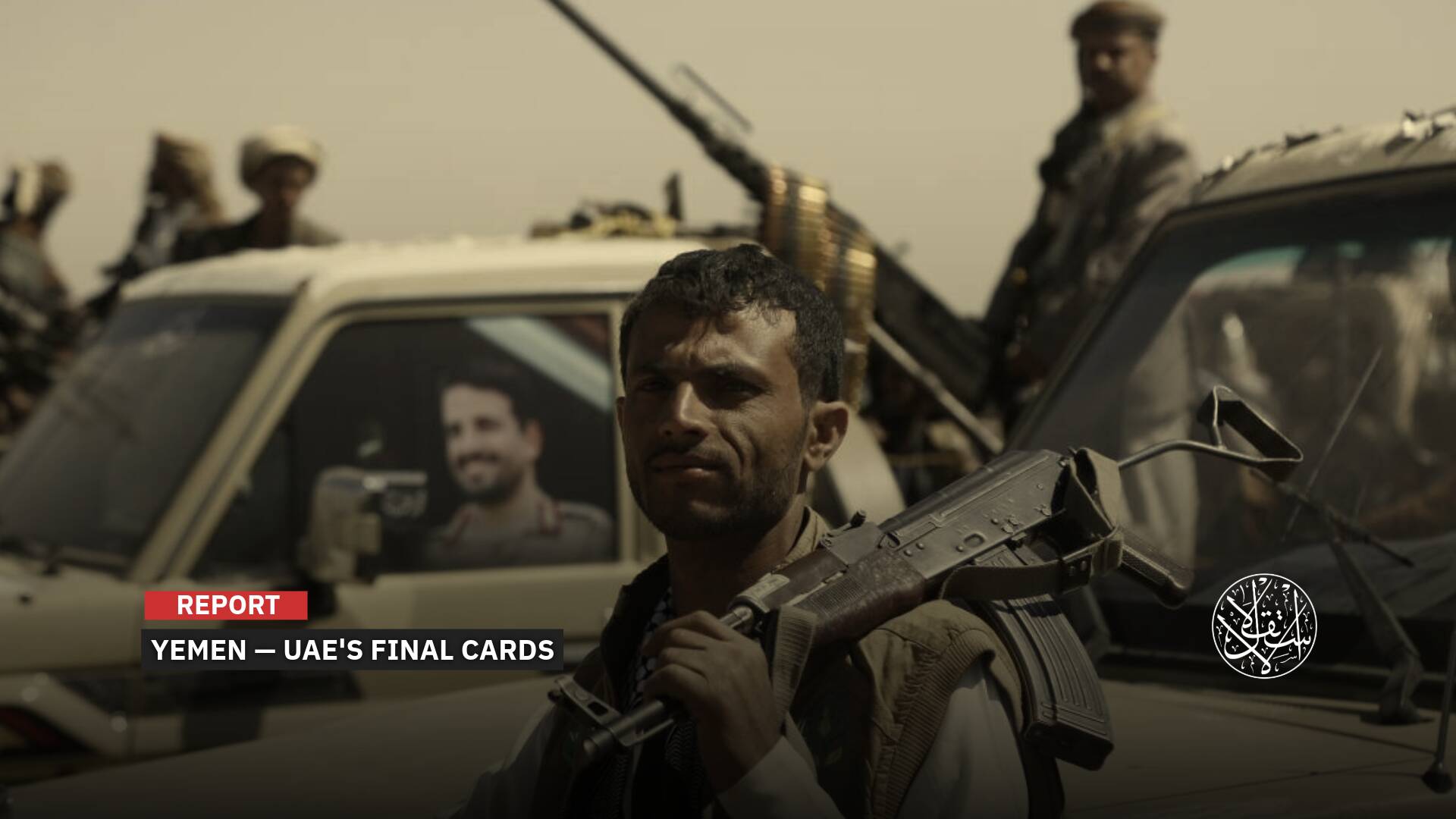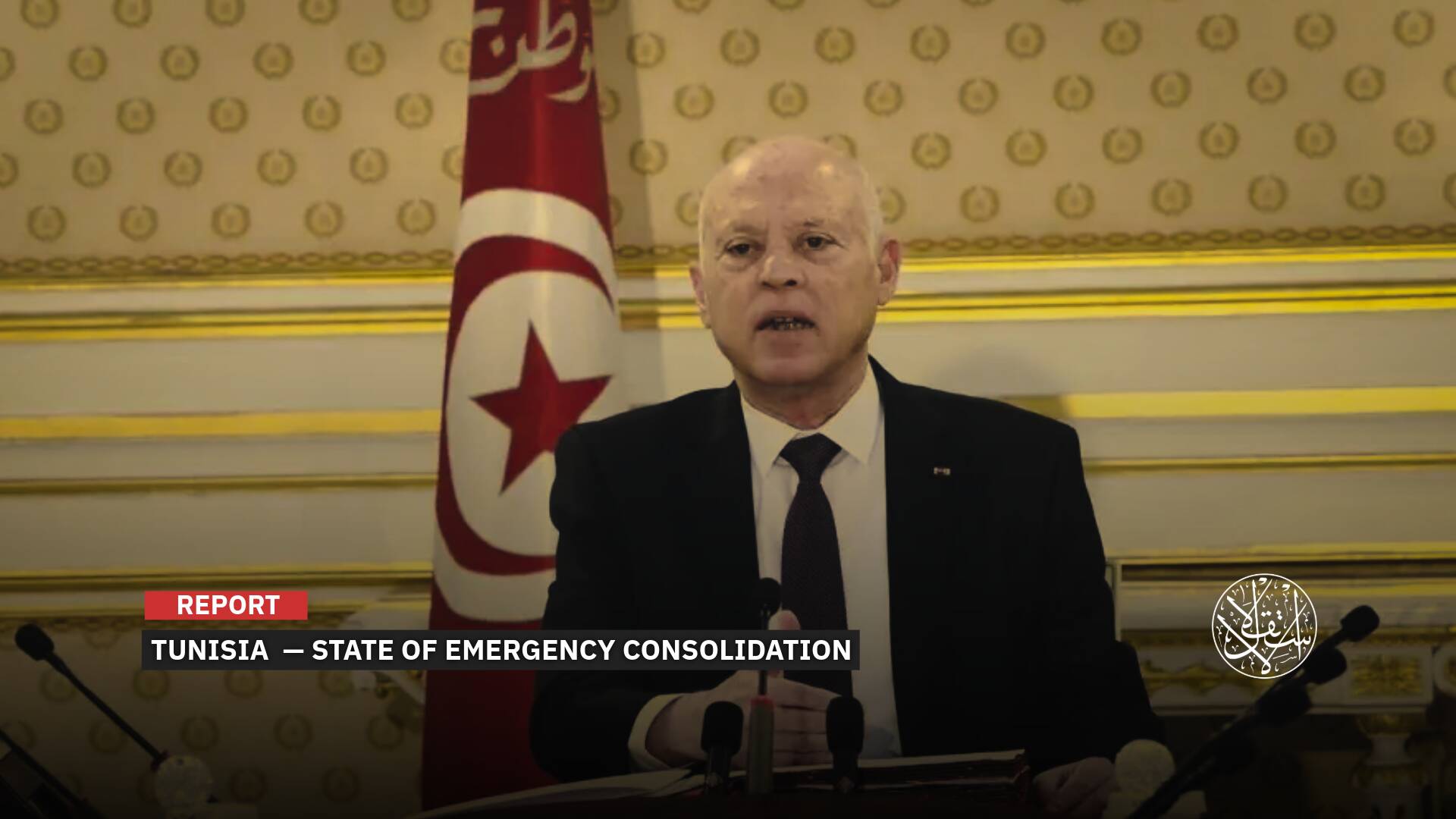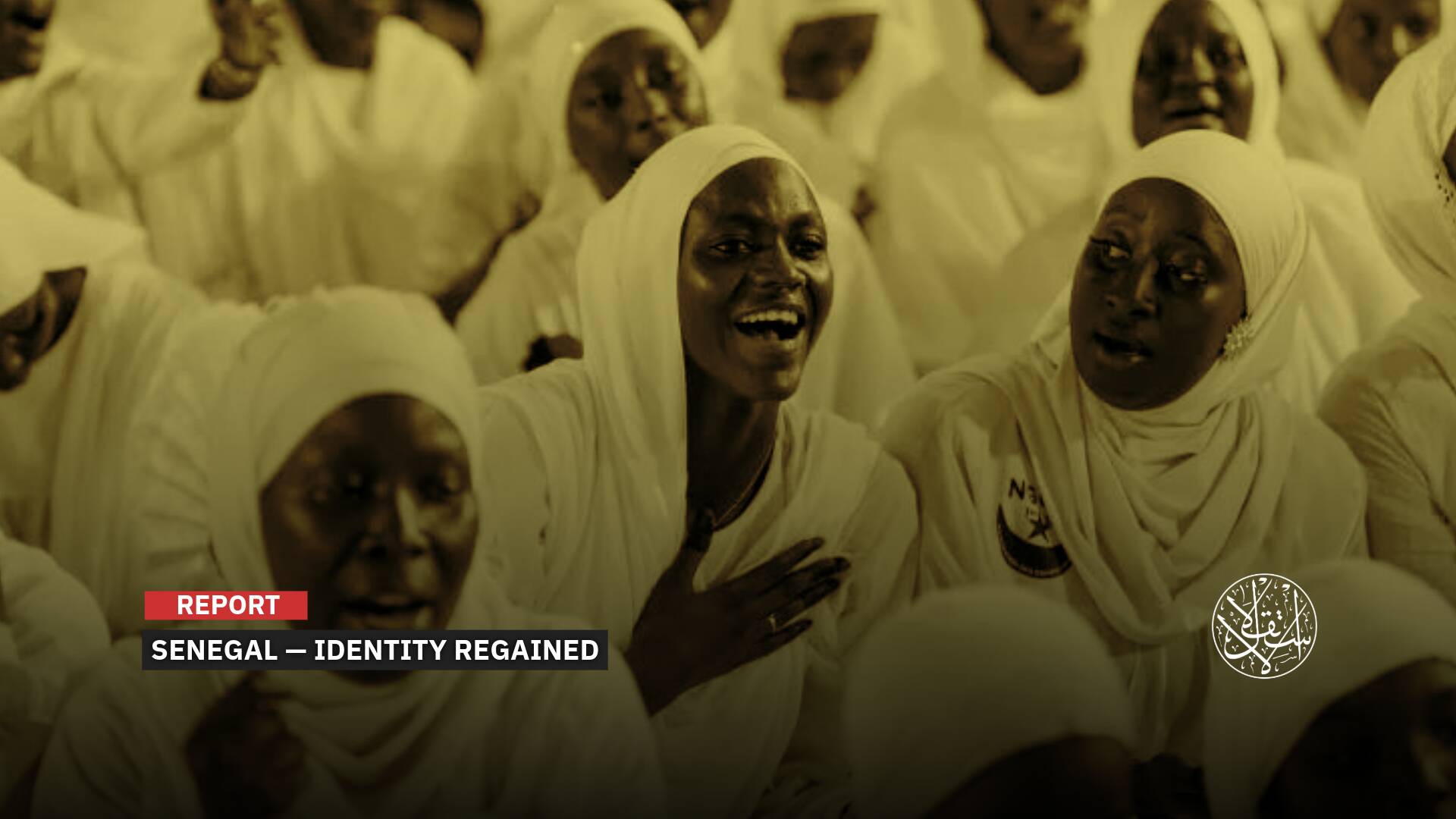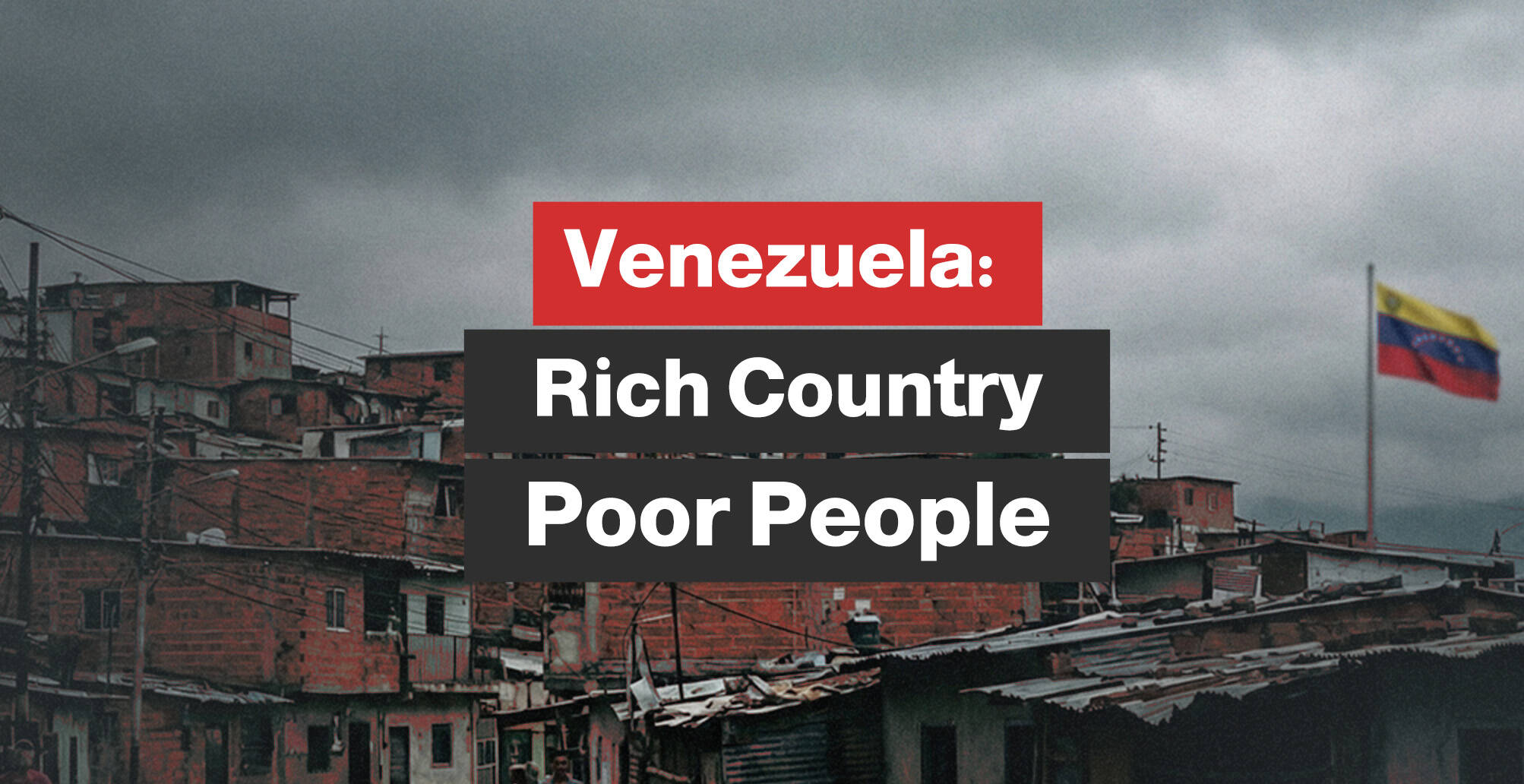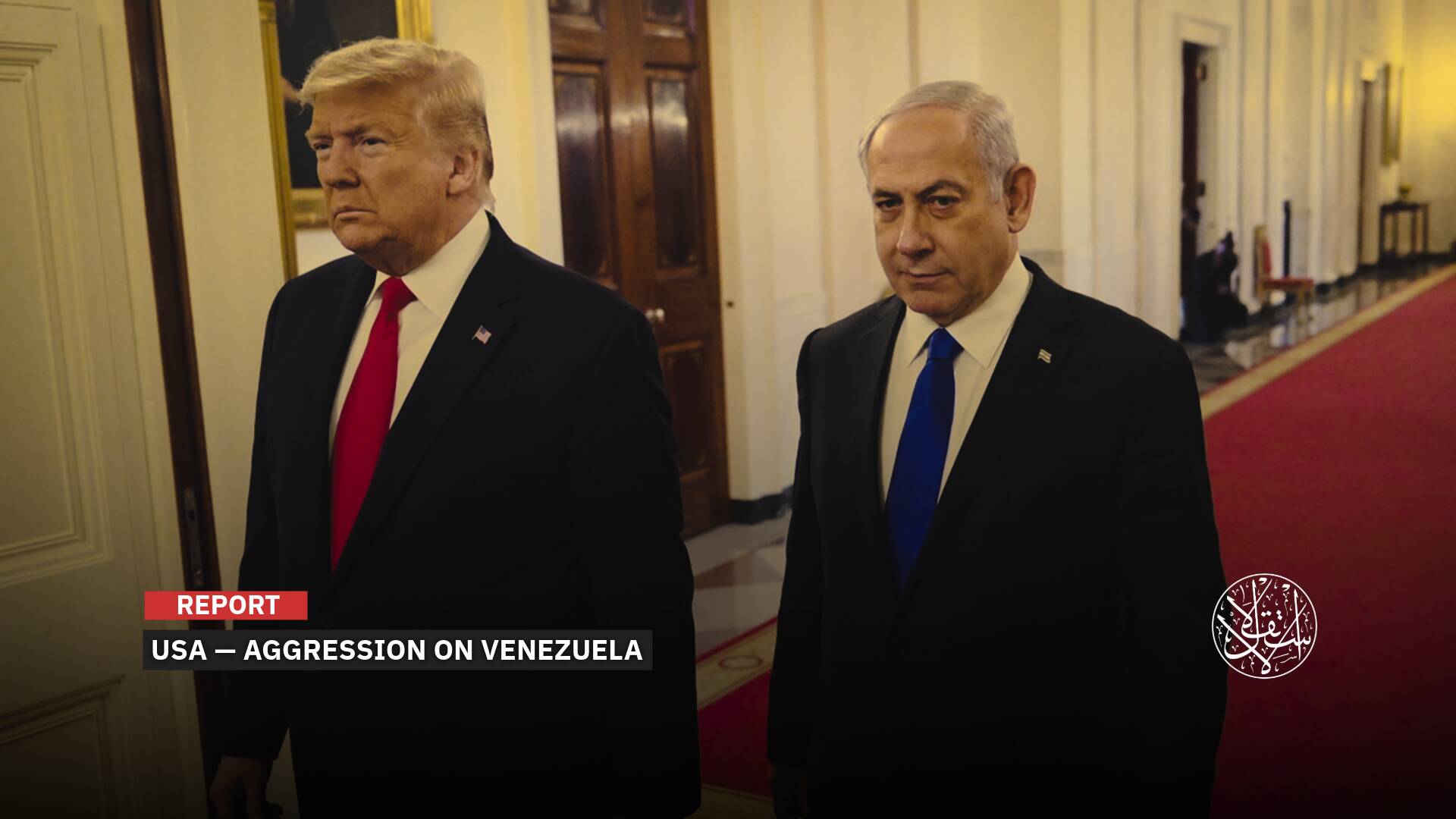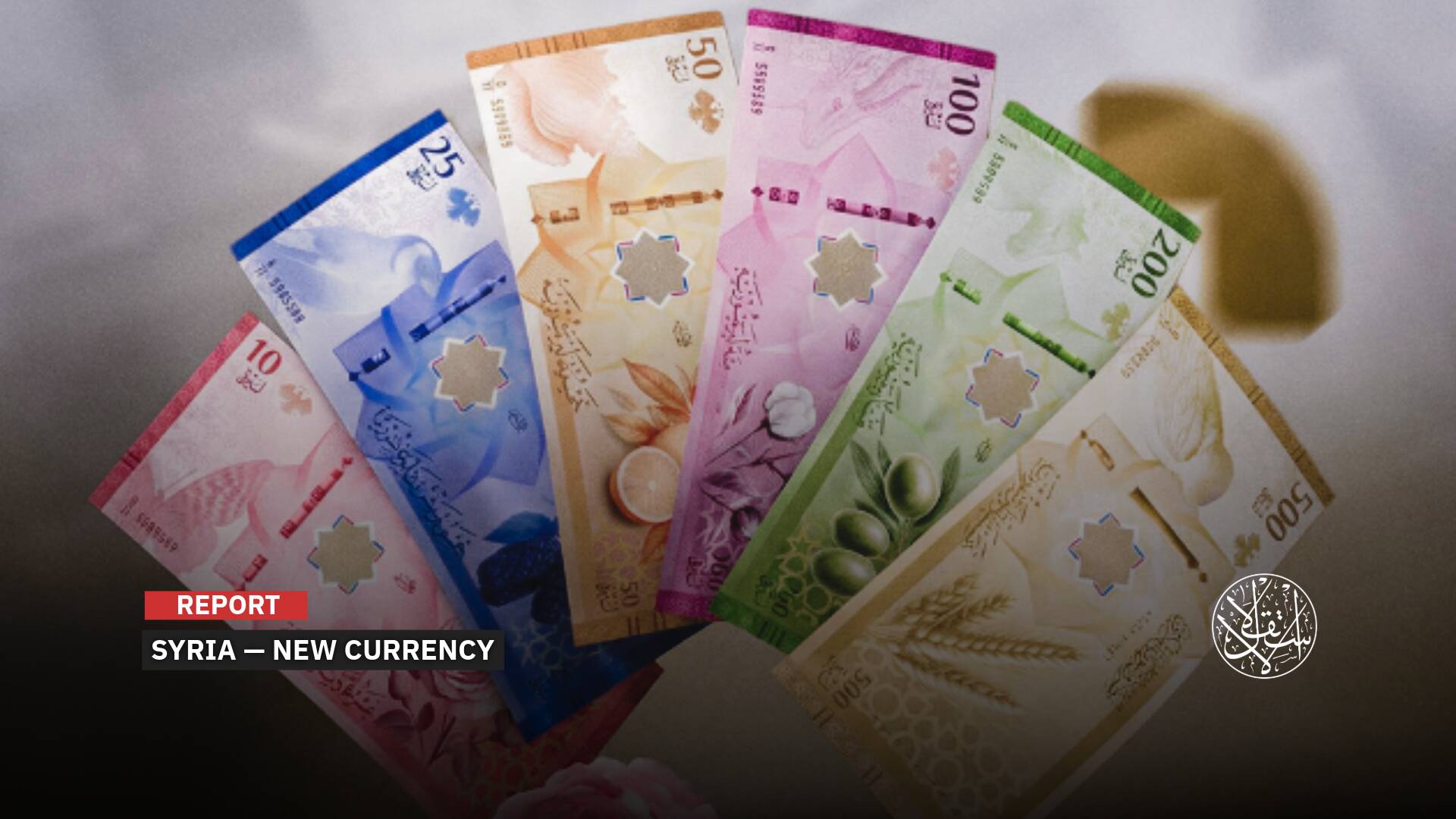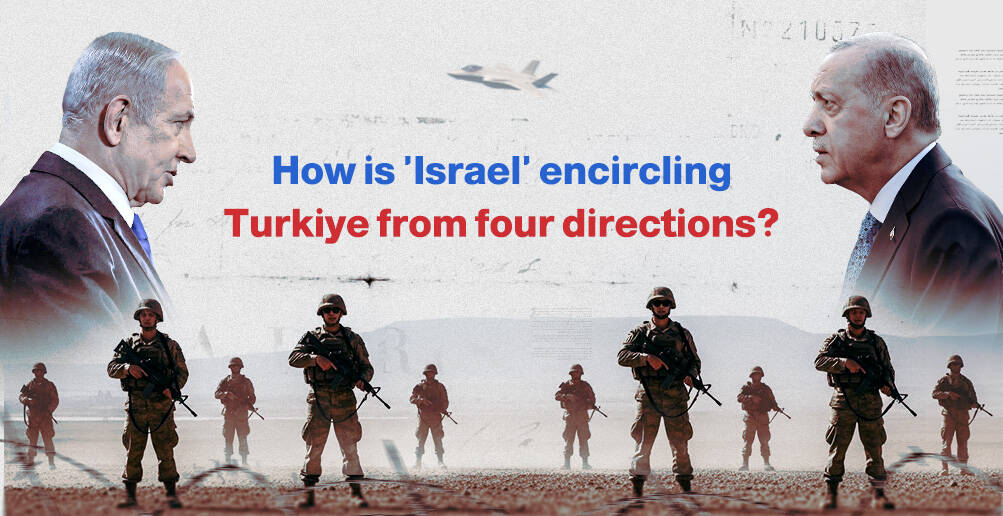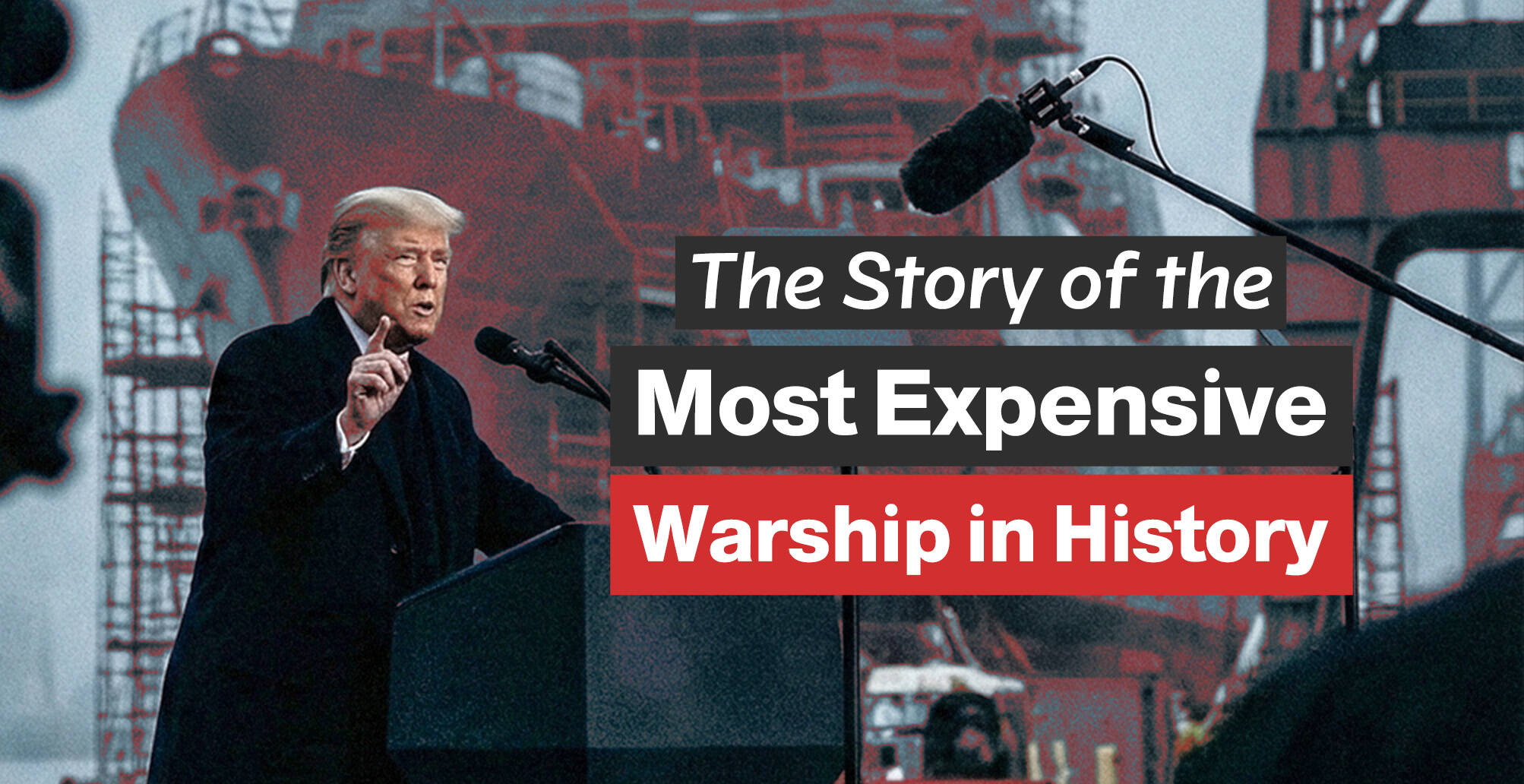What Are the Dimensions of the Franco–Russian Rivalry in Chad?

As the crisis in Sudan intensifies and spreads to its western regions, there are growing concerns about the potential security repercussions for its neighboring countries, especially Chad.
The two nations have a history of mutual interference and influence in various stages of their political and social turmoil.
The scene is further complicated by the increasing competition between France and Russia in Africa, as the developments in Sudan could have a significant impact on the balance of power and interests of both Moscow and Paris in the region.
This was evident in several French military moves in Chad, which aimed to secure its stability and influence.
French Interest
French President Emmanuel Macron’s participation in the funeral of the late Chadian President Idriss Deby Itno in April 2021 was a clear indication of the importance that Paris attaches to its relations with N’Djamena, as Macron was the only Western president participating in the occasion.
According to Chadian academic and researcher in African affairs Ismail Tahir, this relationship has always been “very sensitive” and has been characterized since France granted Chad its independence in 1960 by “Paris’s attempt to impose a relationship based on dependence at the political and economic level.”
In media statements, Tahir added that France dominated economically through many measures “such as imposing the currency of Central African Franc, controlling factories and major companies, linking trade in cotton trade and its derivatives, dominating infrastructure companies, electricity, and water, etc.”
Politically, there was “permanent dependence on France,” according to Tahir who confirmed that “all regimes changed by French interventions since the first coup in 1975, passing through various civil wars, and survival was always for those who pleased Paris.”
Chad, like other African countries, has seen growing trends rejecting Paris’s policies. There are great threats from Chadian rebel forces in areas under the control of General Khalifa Haftar in Libya that receive Russian support and were behind a large attack on Chad in spring 2021, where former Chadian President Idriss Deby fell into battles he fought with them.
There is a level related to conflicts between different Chadian forces within the country, which are mostly conflicts based on tribal grounds, and take in many cases the form of armed rebel forces against the state.
Another level is that it began to crystallize in recent years and is largely related to conflicts between international powers to obtain footholds within the African continent.
France was Chad’s most important foreign donor and patron for the first three decades following independence in 1960.
At the end of the 1980s, economic ties were still strong, and France provided development assistance in the form of loans and grants. In 2016, total trade between Chad and France amounted to €211 million Euros.

Sudanese Crisis
Chad, which gained independence from France in 1960, continues to suffer from extreme poverty, administrative corruption, unemployment, economic crises, and a sharp decline in education, health, infrastructure, and laws.
Most areas of the country also suffer from lawlessness and the spread of armed movements. All these conditions have accumulated harmful fats that led Chadians to be convinced that their country did not have real independence that would enable it to invest its vast wealth without France eating the largest share of it.
Most Chadians believe that France is a major cause of the collapse of the Chadian national project.
They believe there is no way to salvation except by distancing France from the Chadian scene and linking its relationship with the common bilateral interest and the requirements of national sovereignty.
There is no less French influence among the Chadian political or military opposition with French culture, whose interests, beginnings, and opportunities are linked to France.
They find in France a backyard for their media activity and European relations and a permanent seat to summon France in any Chadian internal matter.
Chad–France relations are typically neocolonialism tendencies. Modern capitalistic tendencies dominate much of France’s economic policies in Chad.
France is therefore the major donor and father of independent Chad since 1960. During the 1980s, the economic ties between the two countries were strengthened.

Russian Influence
As thousands of protesters in Chad’s capital N’Djamena waved Russian flags and chanted slogans against France, some observers saw echoes of similar anti-French movements that have rocked other former French colonies in Africa, such as Mali, Burkina Faso, and the Central African Republic.
In those countries, France’s waning influence has been challenged by the growing presence of Russian mercenaries from the Wagner Group, a shadowy private military company with ties to the Kremlin.
But according to Mohamed Tahir Zein, a Chadian writer and analyst, the recent demonstrations in Chad are not simply a spillover of regional dynamics but rather a reflection of the country’s own political and social turmoil.
In media statements, he said that while this was not the first time protesters had hoisted the Russian flag in Chad, it did not mean they wanted to replace one foreign power with another.
“The Chadian people have reached a boiling point, and they want to free themselves from the colonial yoke, but they do not actually favor moving from French colonization to Russian colonization,” he said.
“The Russian flag may be a symbol used by some parties that want to get closer to Russia, but it is not a popular consensus,” he added.

Zein noted that Russia might have some role in the ongoing negotiations between the Chadian government and the rebel groups that have been fighting against it since the death of former President Idriss Deby in April.
His son, Mahamat Kaka, who heads a military junta that took power after his father’s death, has invited the rebels to a national dialogue in Doha, Qatar, to seek a peaceful solution.
One of the rebel leaders, Timan Erdimi of the Union of Resistance Forces (URF), was reportedly heard in a leaked conversation asking for Wagner’s help to overthrow Kaka, whom he accused of being a puppet of Paris.
France has been a longtime ally of Chad and has deployed troops and air strikes to support its fight against Islamist militants in the Sahel region.


